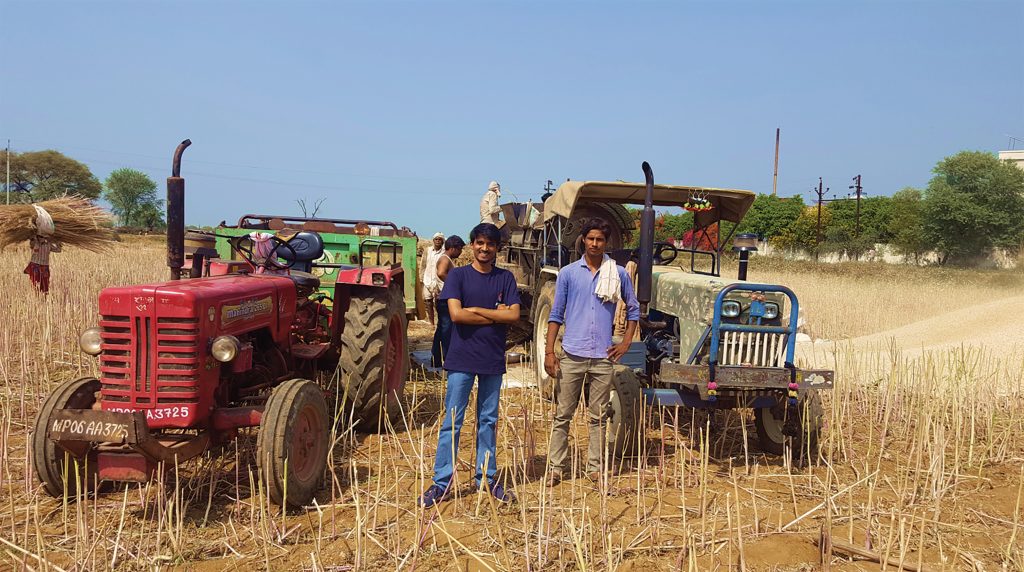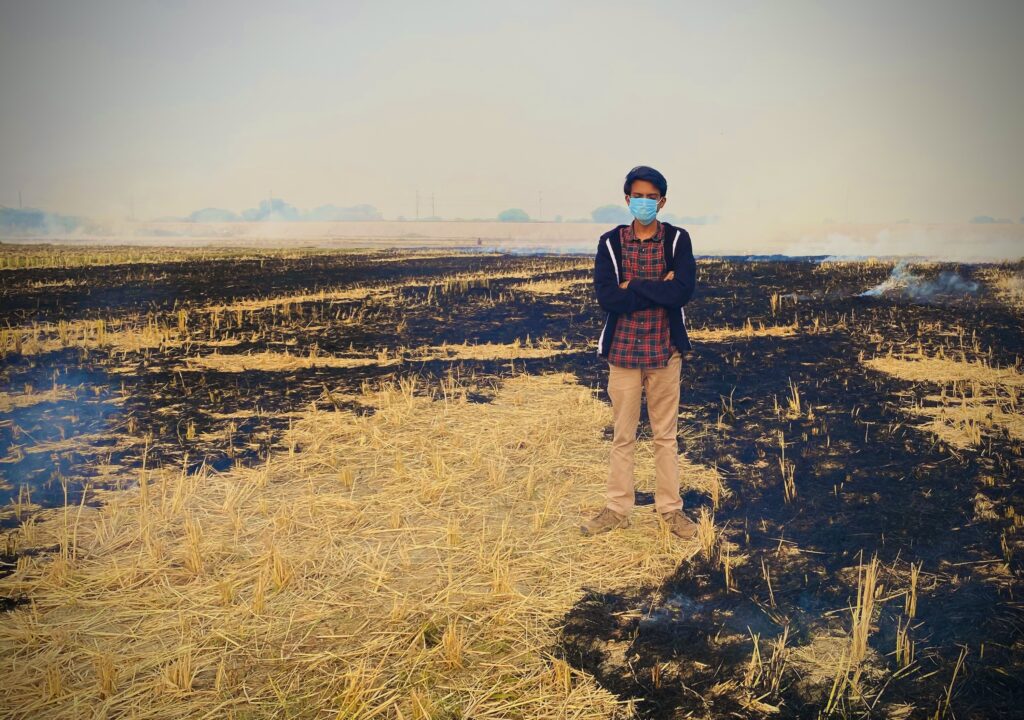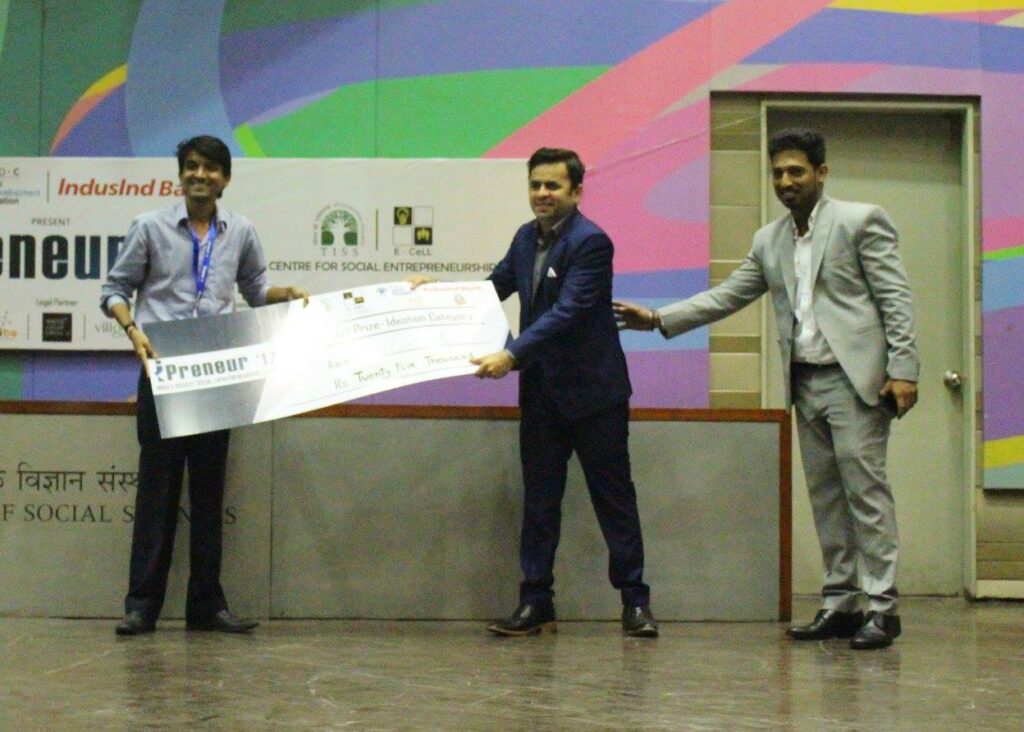Crop burning has been a major talking point in northern India for the past 3-5 years. It is very common to see a lot of farmers, in Punjab, UP and Haryana, burning crop stubble after harvesting crops. And the practice is one of the causes, Delhi NCR region is blanketed under a thick layer of smog throughout the winter season. The pollution level in the city exceeds the limits and goes into the severe category for months at end.
Why is stubble burning so common?
Farmers in the region usually grow paddy during the monsoon season as it requires a lot of water. Paddy cultivation is more profitable to farmers due to procurement by the government at MSP (Minimum Support Price). After harvesting the yield usually done using machines, about 1-2 inch of stubble is left behind. That has to be removed and decomposed, which takes about 1-2 months. Also due to high silica content the stubble cannot be used to feed the cattle. Therefore, it is much easier and cost effective to burn the stubble.
The Journey Begins

For Shubham Singh, founder and CEO of Craste (FUMA Labs Private Limited), the journey began with a visit to a village. A graduate from Imperial College London, Shubham had a well paying job in a reputed MNC. But sustainability and the drive to bring about a change in the country were his true calling. He left his high paying job when the opportunity presented himself to follow his passion in the form of a Govt. funded program. The BIRAC fellowship encouraged entrepreneurs to provide solutions to complex problems India is facing and supports them with a monthly stipend to cover their basic needs.
Understanding the Problem
The plan was simple, understand the actual situation at the ground and coming up with a solution. To understand the situation, he visited numerous villages all over the country. For 6-8 months it was all about interaction with farmers and observing the entire process of harvesting and preparing the field for the next sowing.

“I understood that the problem was two fold after my interaction with hundreds of farmers. First, the time window, farmers had a time window of 15-20 days before the next sowing season. Second, the machines to remove residue stubble were too expensive for them,” Shubham explains.
Another challenge that was coming up during the time was that with the increase in popularity of E-commerce firms in India, the amount of plastic waste generated was also increasing exponentially. The packaging and delivery of online orders are done in plastic bags. As a result, the plastic waste generated is becoming too large to handle.
The Solution
The solution was simple on paper for Shubham. Use the farm waste to create biodegradable packaging which would replace the plastic bags. After months of R&D, Shubham managed to find the right process to achieve just that. The patent pending technology can not only create sustainable packaging, it also has a lot of other applications such as creating formaldehyde free particle boards, biodegradable disposable cutlery etc. from farm residue.
And to incentivize farmers to not burn waste at the end of the harvesting season, the company procures left over stubble from the farms at the cost of Rs. 6/kg. This ensures that the company can procure raw material at competitive costs and reduce the practice of stubble burning.
Funding Support

Shubham’s efforts and his solution to one of the most pressing issues in the country has been acknowledged. His journey has been supported by central government funds (BIRAC, DST). Till date, he has received Government grants worth 1.5 Crore to test and validate the technology.
He also managed to secure private equity funding from the renowned accelerator, Techstars, which invests USD 120,000 in startups.
The Challenges
Scaling up technology is a huge challenge from Lab to a commercial level. Also, competing with plastic, which is one of the cheapest and most durable products in the packaging industry, is very difficult, Shubham explains.
“We are setting up a manufacturing plant in Gwalior and are in the process of securing packaging manufacturing tie-ups with several major companies all over the world,” he adds.


Its fantastic job . Good going 👍